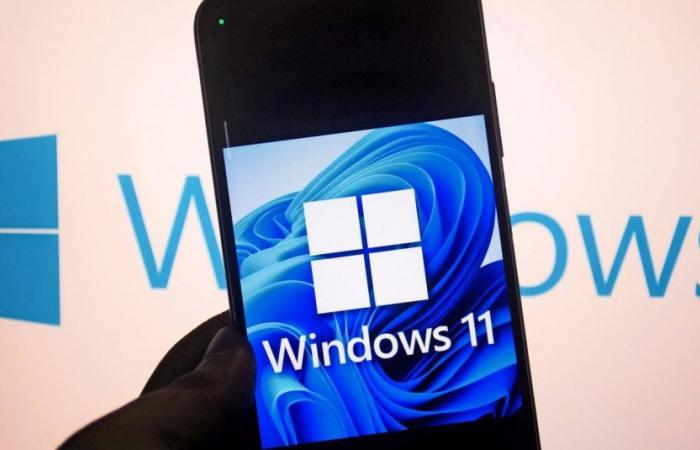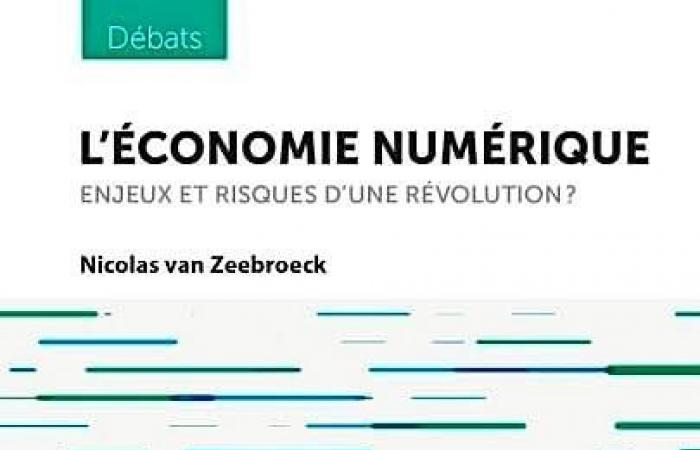Professor at the Solvay Brussels School (ULB), Nicolas van Zeebroeck scrupulously diagnoses the toxic behavior of Gafam and the remedies to be taken.
The conclusion seems clear: it is always the same people who win. Gafam and their Asian corollaries (BATX) siphon all the value from the digital economy. They continue unabated despite attempts at American and European regulation. Speaking example: Microsoft. Regulators went as far as they could in the Redmond company’s case. Result? She exceeded the bar 3,000 dollars in market capitalization early 2024 (only Apple had passed it). The digital ogres always want more, notes Prof. van Zeebroeck, and we allow ourselves to be devoured, often in full awareness, by agreeing to exchange our personal data, therefore our privacy, for free numerous digital services or facilities. access they grant. “Humans now devote a significant part of their time to feeding the digital box of their data,” notes the author of The digital economy.
“Humans devote a significant part of their time to feeding the digital box.”
Our profiling by Gafam shocks us so little… However, they use and abuse it, thanks to their dominant position, and impose on us services that we do not need through the bundlingthis grouping of services or content pushing the consumer to pay more than they would have done for a single functionality by making the additional cost of the complete package appear very low. The example of Microsoft’s Office pack, most of whose users only use Word, is eloquent. Even more and more, software publishers are opting for subscription formulas in order to ensure the recurrence of their revenues and, thus, their oligopolistic income. Regulating this digital market in the hope of making it fully competitive has become chimerical. Thus, despite hefty fines, Google maintains its total supremacy in search engines…
The problem, according to Nicolas van Zeebroeck, is that we focus on questions of market concentration when the dangers are not so much economic as social (precarious jobs), political, geostrategic (Chinese-American domination) and environmental (servers more and more energy intensive). We are fighting the wrong fight. To better fight against the toxicity of digital giants, Europe must also break national logic and, above all, give control of their data back to users, as California is doing with “Global Privacy Control”. The GPC makes it easy to indicate your data sharing preferences. Scary for the Gafam?







